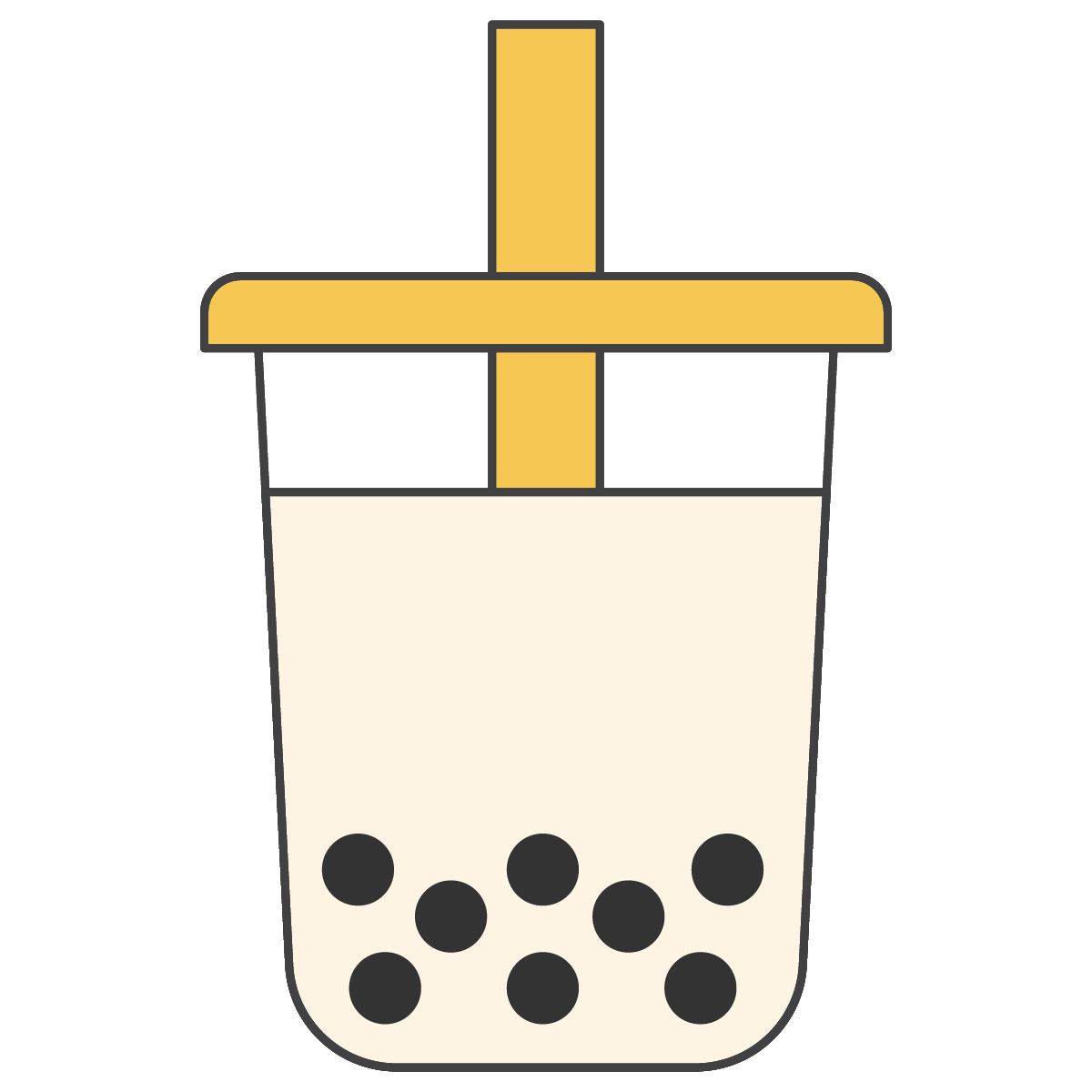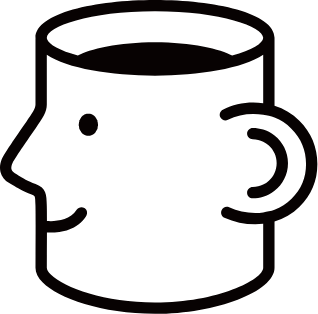Bubble tea in Chinese – mission impossible?
Ahh, bubble tea! The most amazing dessert drink you can find in all of China. You’ll find that Bubble tea in Chinese actually translates to ‘milk tea’, but that won’t be the biggest worry you have when ordering.
With so many options out there, it’s sometimes almost overwhelming (it’s not like you can go wrong with anything you order, really). Especially if you’re currently a little broke. But here are some hints on how to order it using Chinese!
ENJOY!
And if you feel like you want to practise these phrases after, why not check out our free trial lesson?
Bubble Tea in Chinese: Regular or not?
As soon as you order your bubble/ milk tea, a waiter will ask you:
正常吗?
Zhèngcháng ma?
Normal?
It’s just a way to ask how much sugar and ice you want in your milk tea.
If you don’t have any specific requirements, you can just say:
正常
Zhèngcháng
Normal
Bubble Tea in Chinese: Sweet or Non-Sweet?
Now, let’s talk about sugar. You can choose to order:
少糖 (shǎotáng)
“Less sugar”, with 70% of sugar
半糖 (bàntáng)
“Half sugar”, with 50% of sugar
微糖 (wēitáng)
“Very little sugar”, with 30% of sugar
无糖 (wútáng)
“No sugar”, with 0% of sugar; sugar-free
Bubble Tea in Chinese: Ice or Hot?
Now, ice!
If you want your milk tea to be ice cold, you can say:
多冰 (duōbīng) = “Lots of ice”
If you don’t want much ice in your milk tea, say:
少冰 (shǎobīng) = “Less ice”
If you want no ice at all, order:
去冰 (qùbīng) = “No ice”
Note: “No-ice” bubble tea will still be cold, just the ice cubes will be taken away. If you want it to be neither cold nor hot (热 rè), order a room temperature milk tea:
常温 (chángwēn) = “Room temperature/Lukewarm”
Delicious right? This isn’t the only great thing available in China though – why not have a look at our Chinese culture and vocabulary tests for more insights?

How about you?
Is your bubble tea “normal”?
Do you have any specific preferences?
What do you usually like to add to your milk tea?
Leave a comment below!


